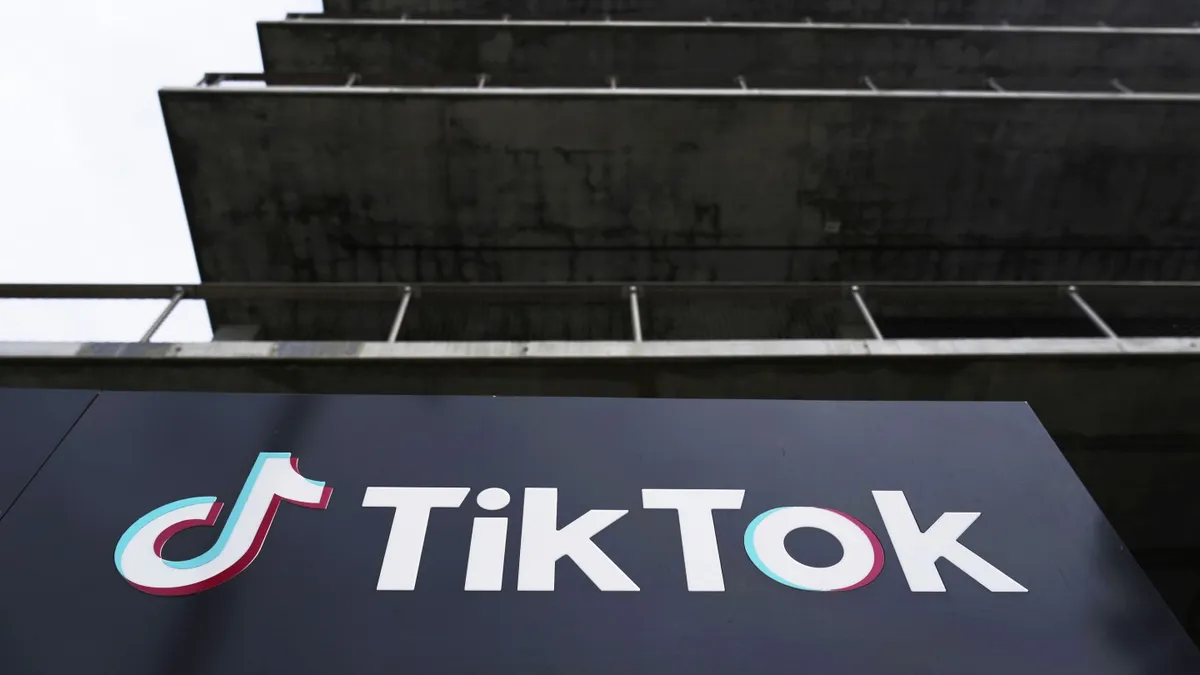
MADRID (AP) — A significant framework deal has been established between China and the U.S. concerning the ownership of the widely-used social video platform TikTok. This announcement was made by U.S. Treasury Secretary Scott Bessent following a series of trade discussions held over the weekend in Madrid, Spain. Bessent indicated during a press conference that U.S. President Donald Trump and Chinese Premier Xi Jinping are scheduled to converse on Friday to potentially finalize the details of this critical agreement.
The primary goal of this agreement is to transition ownership of TikTok from its current parent company, ByteDance, based in China, to a U.S. entity. “We are not going to talk about the commercial terms of the deal,” Bessent stated, emphasizing that the specifics are a matter between two private parties. However, he confirmed that the commercial terms have already been agreed upon.
Li Chenggang, the international trade representative of China, expressed to reporters that both sides have achieved a “basic framework consensus” aimed at resolving issues related to TikTok in a cooperative manner. This includes efforts to reduce investment barriers and enhance economic and trade cooperation. This meeting marked the fourth round of trade discussions between U.S. and Chinese officials since the commencement of the tariff war initiated by Trump against Chinese goods in April.
Looking ahead, Bessent noted that a fifth round of negotiations is anticipated in the coming weeks, with plans for a possible summit between Trump and Xi later this year or early next year to solidify a more comprehensive trade agreement. However, it is important to note that nothing has been confirmed as of now, and analysts have warned that potential trade disputes could impede the visit.
During the discussions in Madrid, U.S. Trade Representative Jamieson Greer highlighted the administration's commitment to ensuring that any deal regarding TikTok is equitable for the Chinese while simultaneously addressing U.S. national security concerns. Wang Jingtao, the deputy director of China’s Central Cyberspace Affairs Commission, also stated that there was a consensus on authorizing the use of intellectual property rights, particularly concerning TikTok’s algorithm, which has been a major sticking point in negotiations. Furthermore, both parties agreed to assign a partner to manage U.S. user data and content security, which is crucial for safeguarding user privacy.
The urgency for a TikTok deal stems from national security concerns raised during President Joe Biden’s administration. U.S. Congress and the White House justified a ban on TikTok, unless ByteDance divested its controlling stake, citing fears over data privacy and potential access by the Chinese government to sensitive information. Trump has previously extended the deadline for a TikTok shutdown, with the current extension set to expire just days before the planned discussions between him and Xi.
Despite progress on the TikTok deal, other long-standing issues remain unresolved. These include export controls, Chinese investments in the U.S., and restrictions surrounding chemicals used in the production of fentanyl. Bessent acknowledged a shared commitment to addressing money laundering linked to drug trafficking, which signifies a potential area of agreement. However, Li emphasized that China opposes the politicization and weaponization of trade and technology issues, asserting that China would not compromise its principles or the interests of its companies.
As the discussions continued, Trump suggested that the conflict in Ukraine could be resolved if NATO countries ceased purchasing Russian oil and imposed tariffs on China. The Chinese Commerce Ministry labeled this demand as an example of unilateral bullying and economic coercion. While analysts have speculated about a summit of Asia-Pacific Economic Cooperation countries in South Korea later this month, the Foreign Ministry of China has not confirmed whether Trump has been invited for a state visit.
In conclusion, while there appears to be a path forward regarding TikTok ownership, the broader context of U.S.-China relations remains complex and requires ongoing dialogue. The upcoming negotiations will be crucial in determining the future of trade relations between the two nations.